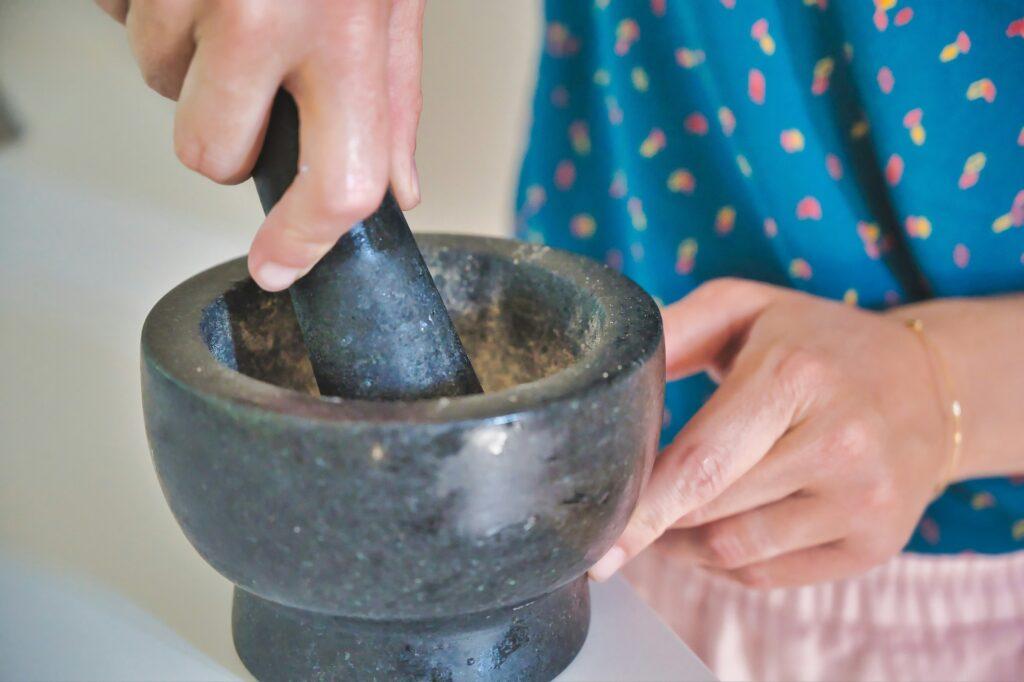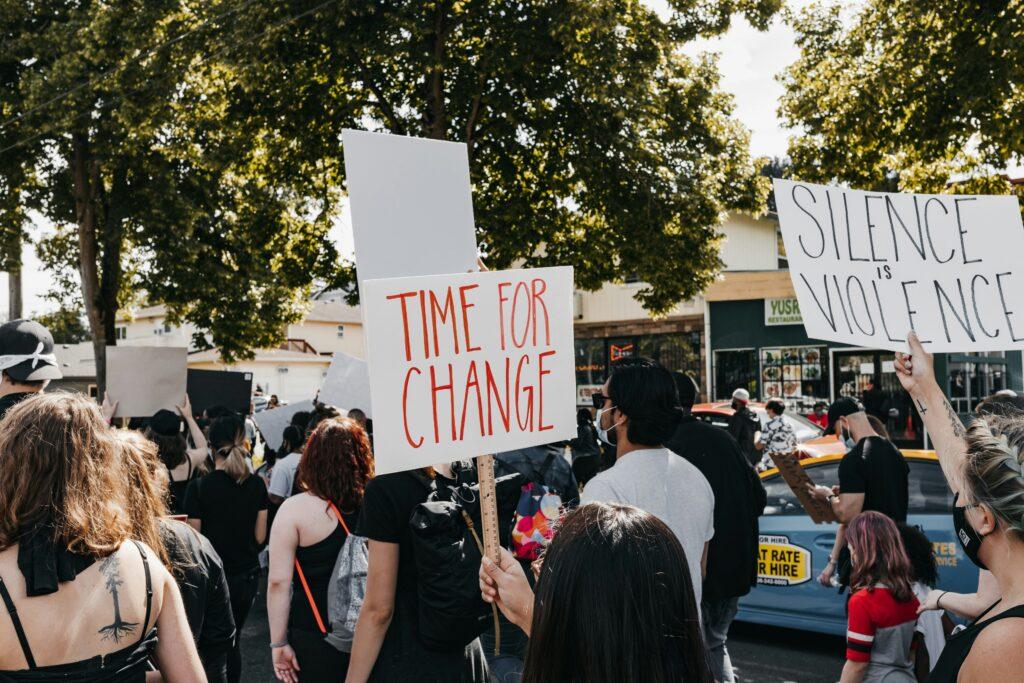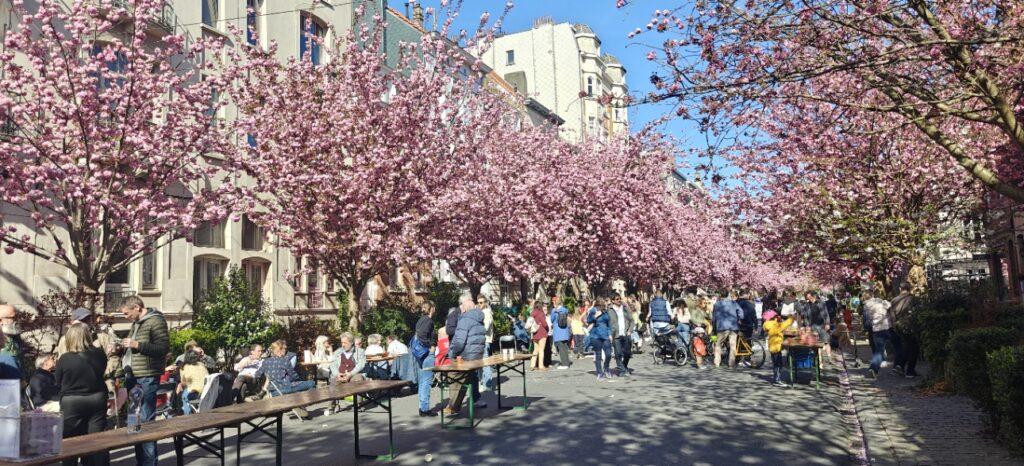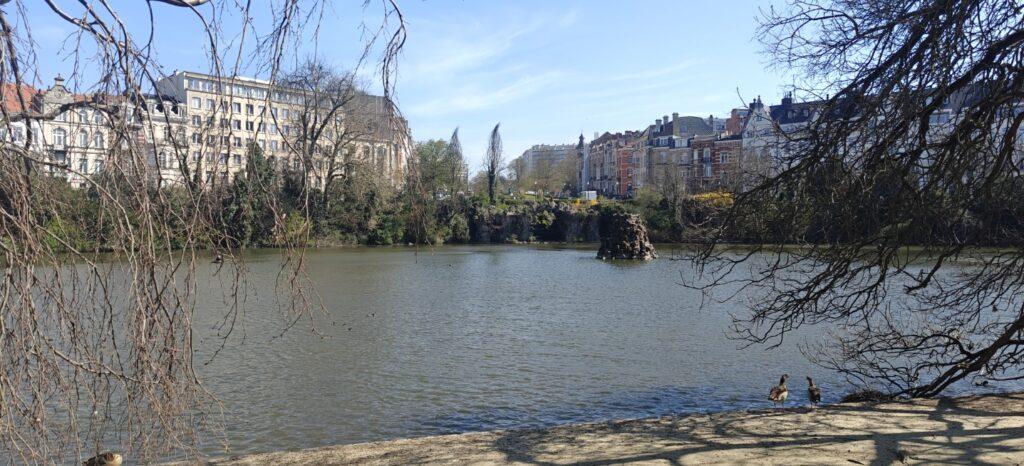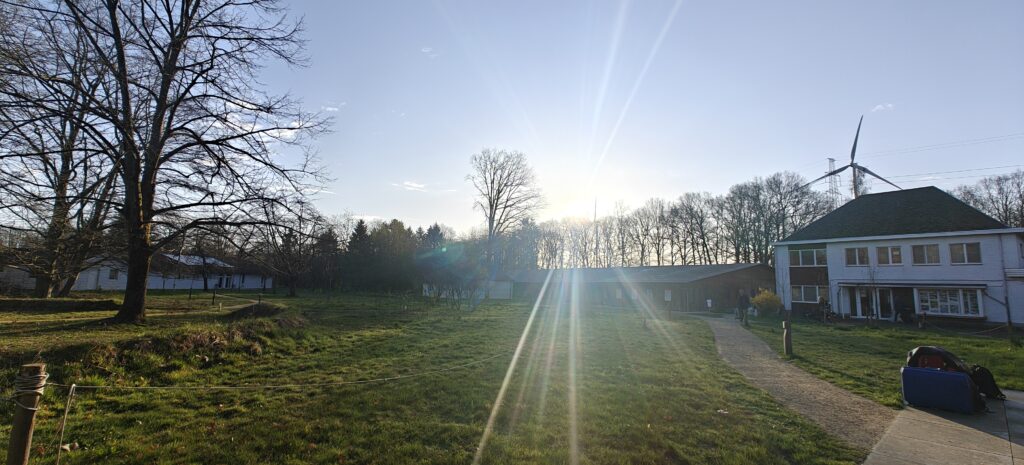
Photo by Yoann Boyer on Unsplash
A few days ago I went to the Osteopath for a pain in my left shoulder.
The pain is nothing new. I’ve had this pain whenever I do a few sessions of yoga. It’s come back ever since I’ve restarted classes a few weeks ago.
The pain itself is not too bad. I can carry on with my life, as long as I ignore it long enough.
And yet, this didn’t seem like the best way to deal with the problem. Perhaps now was probably the time to actually fix it, rather than just constantly managing the situation.
Essentially, my shoulder muscles have gotten bigger than those in the rotator cuff. If I do certain movements such as a plank or downward dog, this causes an unpleasant compression, which pinches the nerves.
I injured myself when I was 16. Like any adolescent in the gym, I didn’t really know what I was doing. I did some behind-the-head lateral pulldowns and at one point felt a tear in my left shoulder. I’ve since learnt that movement is apparently not recommended because it can cause shoulder injuries. Well here I am 15 years later with that exact issue!
This isn’t the first time I’ve looked into the problem either. I actually was getting it looked at before by another osteopath in London. But then COVID struck, and I stopped going. That was five years ago. The problem didn’t magically disappear.
And so, my new osteopath has just given me exercises. This will strengthen that area and hopefully I stop getting my nerves pinched. If it works, I’m hopeful that I can actually sort out this issue.
What was really interesting about the session with the osteopath was learning how much tension I have – both in the area and in my body in general. I can’t say I’m particularly surprised that I’m tense. Having a year of burnout in the midst of political crisis does that to a human. But what is interesting is how that has a direct effect on my body, and more specifically on my muscular system.
The osteopath asked me to ‘let go’ of my left shoulder. I found it very hard to do so. The concept of letting go control just felt alien. To the point where I didn’t even know what she meant.
So apparently, I spend most of the time tensing my left shoulder. I haven’t even noticed I’ve been doing it. It’s funny, because now that I see it, it’s really obvious. I can directly compare it to my right shoulder, where the muscles are working in ease.
This point around letting go was fascinating for me. It’s quite a different way of looking at it than trying to fix the problem.
For example, whenever I feel pain in the area, there’s a few stretches that I do. But I realise that I’m actually overcompensating with these too. It’s as if I’m stretching everything to somehow pull the body back into it’s place. But the aim rather should be to relax the muscles back into their own groove.
When muscles are working well, we feel pretty relaxed. These intricate, incredible internal systems work like clockwork. We have little idea that they even exist, let alone how they properly work together.
But when something goes wrong, it’s only then that we start to analyse the problem. We poke and prod, looking for a way to fix it. If we get frustrated, we start poking harder. But constantly poking can actually just make the problem worse. It’s like an itch that we keep on scratching until we start to bleed.
True remediation is guiding things back to their natural flow. We focus less on the pain, and more on fixing the actual problem so that we can return back to our base state.
This is as true for a physical injury as it is an emotional one. True healing is when the problem no longer arises. A trauma – whether physical or emotional – is no longer felt. It has vanished into the black hole of the past. It no longer becomes a reference point of how we need to act.
But true healing requires more dedicated, deeper work than sticking a plaster over the problem (In my case, I’ve literally been putting tiger balm on my shoulder).
It’s taken me 15 years to finally deal with the issue of my shoulder.
How long will it take you to deal with yours?
